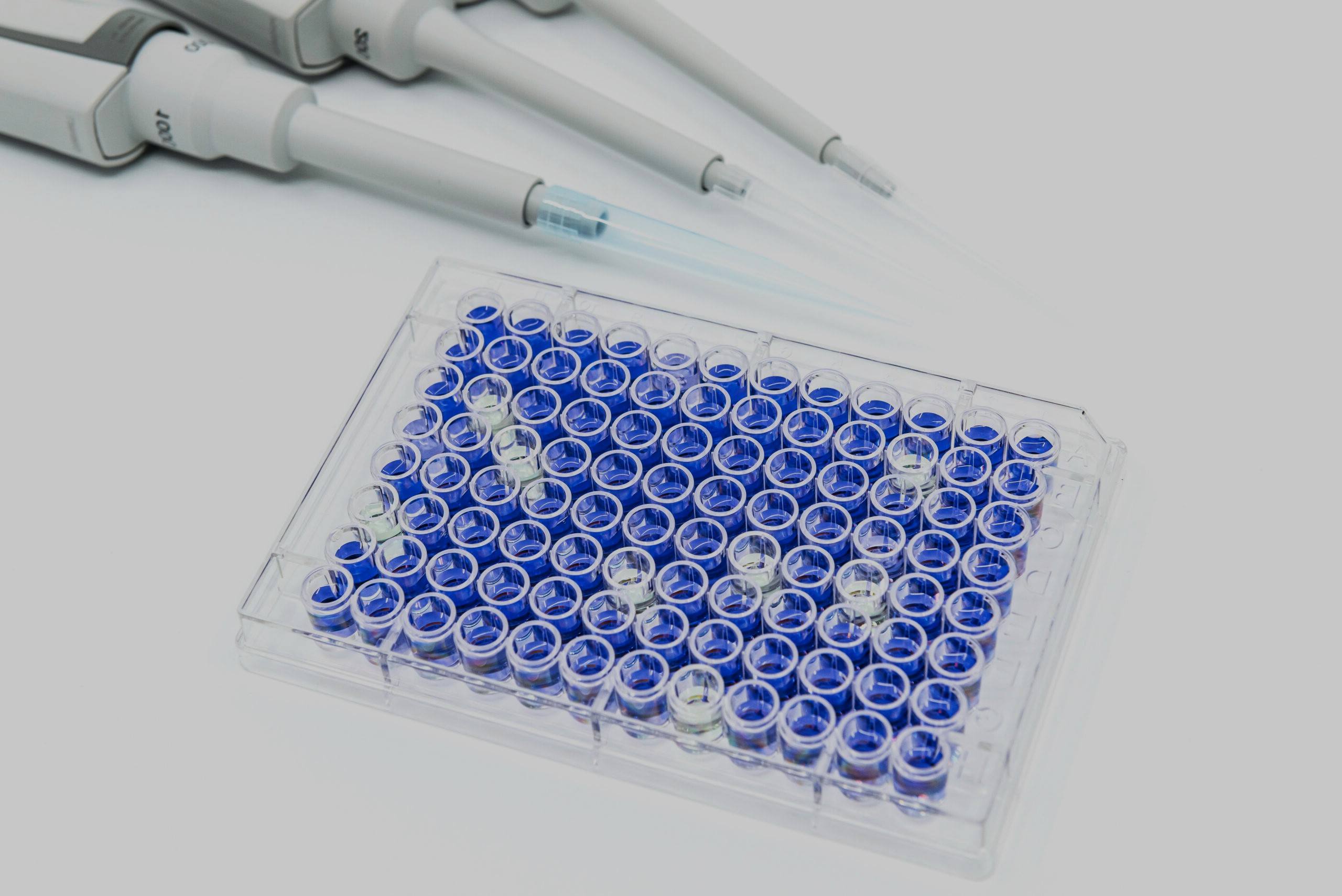
Peptide YY (PYY) is a hormone that plays a crucial role in regulating appetite and digestion. Produced in the gut, it signals the brain to reduce hunger after eating. This hormone is part of the body's natural way of balancing food intake and energy use. Understanding PYY can help in managing weight and treating obesity. It works by slowing down the movement of food through the digestive tract, giving a feeling of fullness. Research on PYY has shown its potential in developing new treatments for weight-related issues. Knowing more about this hormone can offer insights into healthier eating habits and better overall health.
Key Takeaways:
- Peptide YY (PYY) is a hormone that helps control appetite and digestion by making you feel full and reducing food intake. It may play a role in weight management and could be influenced by diet.
- PYY, a gut hormone, slows down digestion, reduces food intake, and interacts with the brain to regulate hunger. It has potential implications for weight management, digestive health, and medical research.
What is Peptide YY (PYY)?
Peptide YY (PYY) is a hormone that plays a crucial role in regulating appetite and digestion. It is produced in the gut and released into the bloodstream after eating. Here are some fascinating facts about PYY.
-
PYY is a Gut Hormone: Produced in the L-cells of the ileum and colon, PYY is released in response to food intake.
-
Appetite Suppressant: PYY helps reduce appetite by slowing down gastric emptying and signaling the brain to feel full.
-
Two Forms: PYY exists in two forms, PYY1-36 and PYY3-36, with PYY3-36 being the more active form in appetite regulation.
How Does PYY Affect the Body?
Understanding how PYY interacts with the body can shed light on its importance in maintaining health.
-
Slows Gastric Emptying: By delaying the time it takes for food to leave the stomach, PYY helps you feel full longer.
-
Reduces Food Intake: Studies show that higher levels of PYY can lead to reduced food consumption.
-
Interacts with the Brain: PYY communicates with the hypothalamus, the brain region responsible for hunger and satiety.
PYY and Weight Management
PYY has garnered attention for its potential role in weight management and obesity treatment.
-
Higher Levels in Lean Individuals: Lean individuals tend to have higher levels of PYY compared to those who are obese.
-
Potential Obesity Treatment: Researchers are exploring PYY-based therapies as a potential treatment for obesity.
-
Exercise Increases PYY: Physical activity can boost PYY levels, contributing to appetite control.
PYY and Digestive Health
PYY also plays a significant role in digestive health beyond just appetite regulation.
-
Regulates Digestive Enzymes: PYY helps control the secretion of digestive enzymes, aiding in nutrient absorption.
-
Influences Gut Motility: By affecting gut motility, PYY ensures that food moves through the digestive tract at an optimal pace.
-
Reduces Acid Secretion: PYY can decrease gastric acid secretion, protecting the stomach lining from damage.
PYY in Medical Research
Ongoing research continues to uncover new insights into PYY and its potential applications.
-
Biomarker for Gut Health: PYY levels can serve as a biomarker for various gastrointestinal disorders.
-
Role in Diabetes: PYY may influence insulin sensitivity and glucose metabolism, making it a point of interest in diabetes research.
-
Impact on Mental Health: Emerging studies suggest a link between PYY levels and mental health conditions like depression and anxiety.
Interesting Facts About PYY
Here are some additional intriguing facts about PYY that highlight its diverse roles.
-
Discovered in 1980s: PYY was first identified in the early 1980s, marking a significant advancement in understanding gut hormones.
-
Part of the Neuropeptide Y Family: PYY belongs to the neuropeptide Y family, which includes other hormones involved in appetite and stress response.
-
Influenced by Diet: High-protein and high-fiber diets can increase PYY levels, promoting satiety.
-
Short Half-Life: PYY has a short half-life in the bloodstream, meaning it acts quickly but doesn't last long.
-
Potential for Drug Development: Scientists are exploring ways to develop drugs that mimic PYY's effects to help manage obesity and related conditions.
Final Thoughts on Peptide YY
Peptide YY (PYY) plays a crucial role in regulating appetite and digestion. This hormone, produced in the gut, signals the brain to reduce hunger after eating. Understanding PYY can help in managing weight and treating obesity. Research shows that higher levels of PYY can lead to reduced food intake, making it a potential target for weight loss therapies. Additionally, PYY influences gut motility and nutrient absorption, contributing to overall digestive health. By focusing on foods and behaviors that boost PYY levels, individuals can better control their appetite and improve their health. As science advances, the potential for PYY-based treatments continues to grow, offering hope for those struggling with weight management. Stay informed about the latest developments in PYY research to take advantage of new health strategies.
Frequently Asked Questions
Was this page helpful?
Our commitment to delivering trustworthy and engaging content is at the heart of what we do. Each fact on our site is contributed by real users like you, bringing a wealth of diverse insights and information. To ensure the highest standards of accuracy and reliability, our dedicated editors meticulously review each submission. This process guarantees that the facts we share are not only fascinating but also credible. Trust in our commitment to quality and authenticity as you explore and learn with us.
